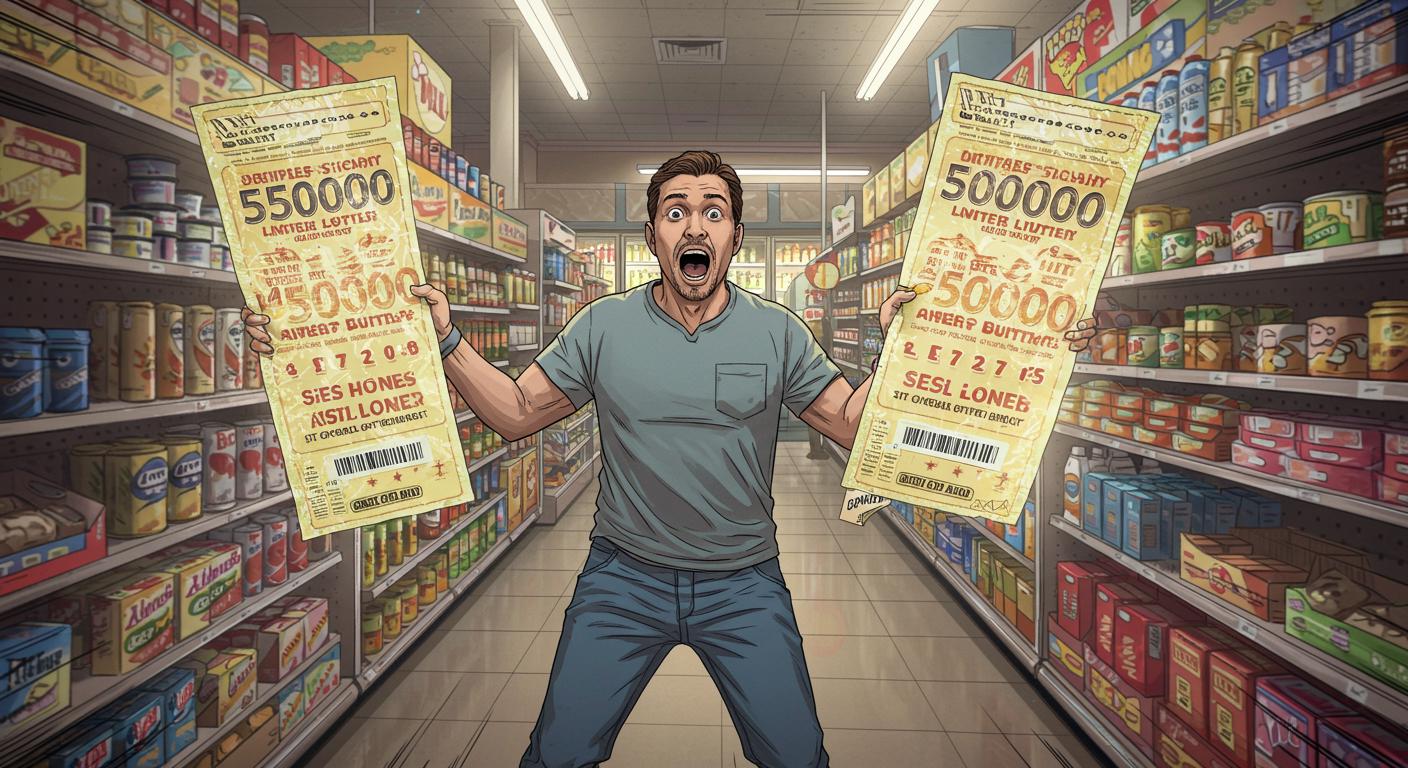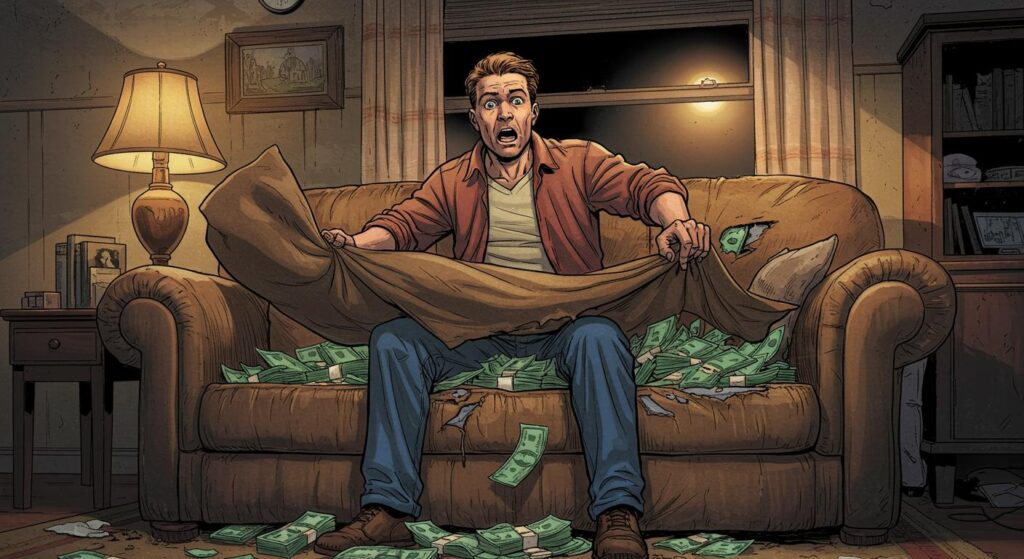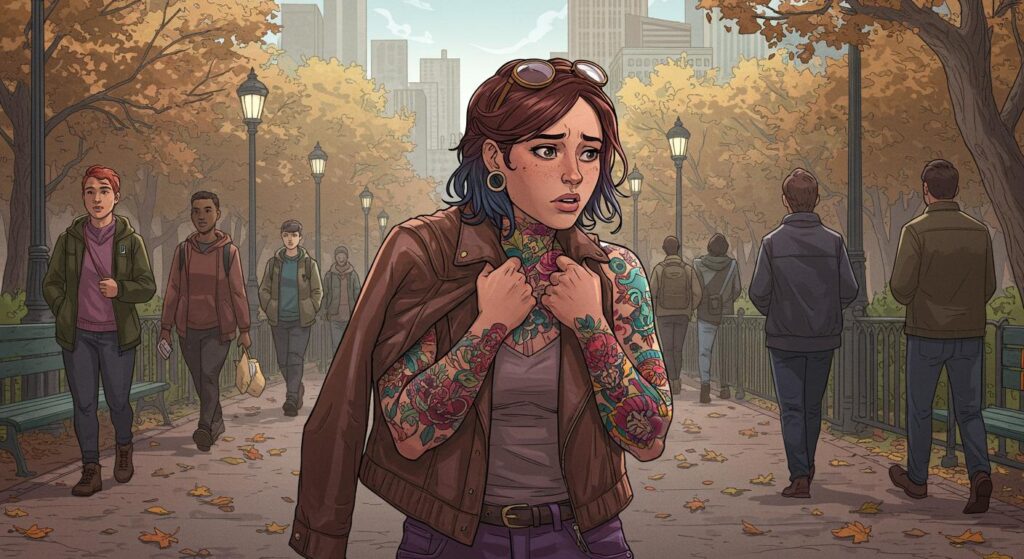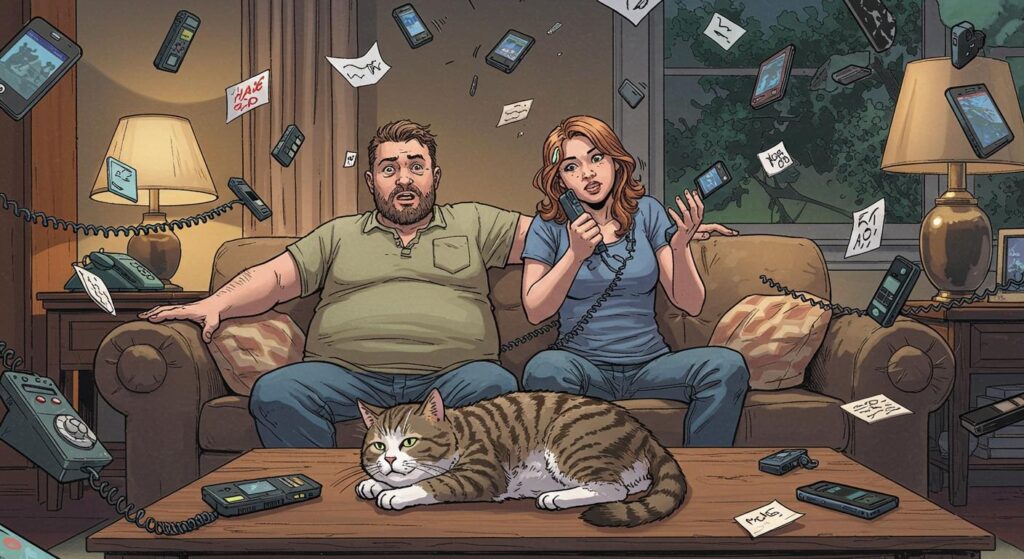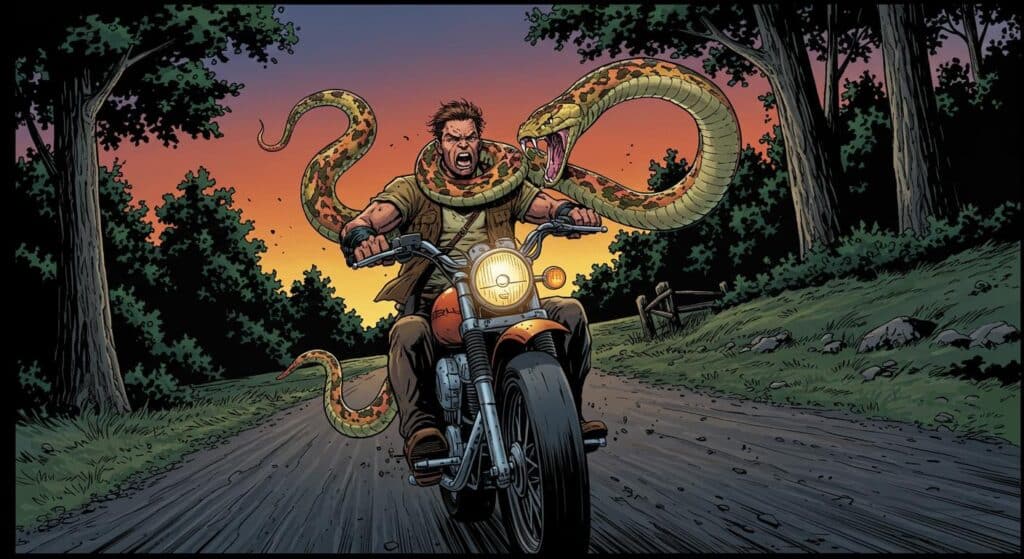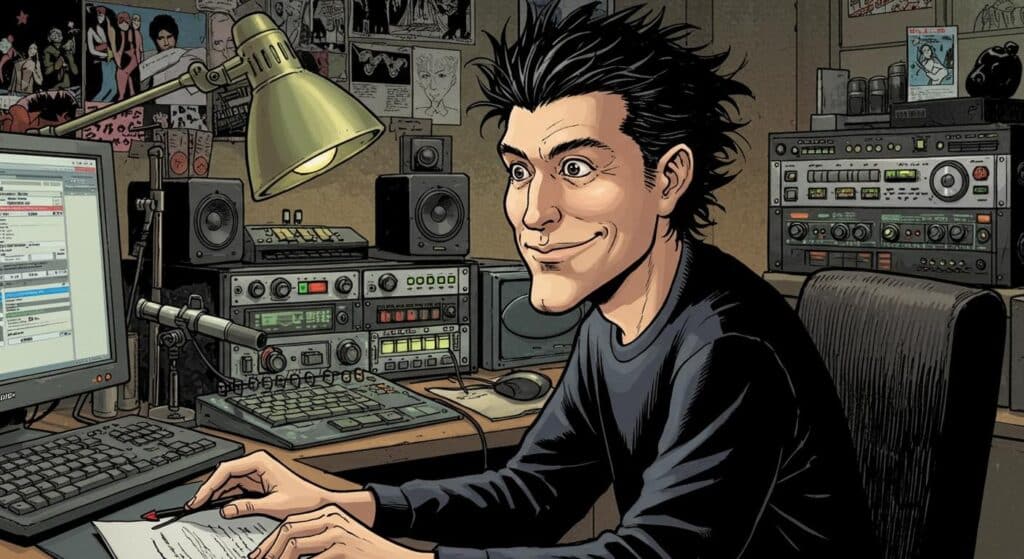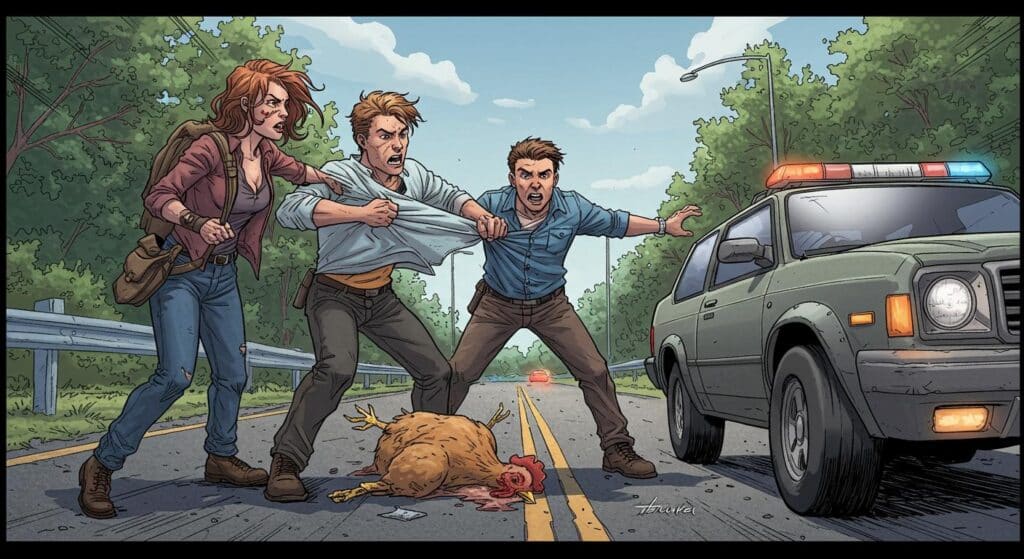If you’ve ever pondered the real-world limits of probability—or simply envied that one impossibly lucky friend playing the claw machine—allow me to introduce Travis S. of Pulaski County, Arkansas. In a story highlighted by UPI, Travis managed to defy both statistical odds and the universe’s begrudging sense of fairness by winning $50,000 not once, but twice, within the same month on the very same scratch-off game.
Lightning Strikes Twice—At the Kum & Go
As documented by the Arkansas Scholarship Lottery and described in UPI’s report, Travis purchased his first lucky $20 “$50,000 Frenzy” ticket from the Kum & Go store on Chenal Parkway in Little Rock, uncovering a $50,000 prize earlier this July. What truly sets this story apart, though, is that just a few weeks later, Travis again walked into a Kum & Go, bought another ticket from the same game, and uncovered a second $50,000 windfall.
Reflecting on his surprise, Travis told lottery officials, “There’s no way I won again on this ticket!” He attributes this second win to what he calls good karma—a result, he claims, of having given $100 to a stranger in distress immediately before making the fateful purchase. Details shared in the UPI piece reveal he plans to put his twin winnings toward buying a car and new volleyball shoes for his stepdaughter—both practical and thoughtful expenditures, which seem in character for someone who hands out cash to strangers on a whim.
You have to wonder whether he’ll keep testing his luck at the scratch-off counter after this—or, like someone who’s survived two lightning strikes, wisely decide it’s best not to tempt fate again.
The Psychology of the Improbable
The odds of winning substantial money in a scratch-off game are, to put it gently, not in your favor. And yet, Travis managed to succeed twice, and in such close succession, that the concept of lightning striking twice feels suddenly insufficient. As UPI details, his wins join a pantheon of improbable fortune—just this week, the outlet also recounts the experience of a Massachusetts man who accidentally bought two identical Powerball tickets and won $2 million, along with several others who followed dreams, received fortuitous advice, and struck gold (or at least, a modest but life-changing sum).
Such stories raise the natural question: why do outlandishly good things happen in clusters, sometimes to the same people? Patterns emerge—luck after a kindness, hunches validated by cash prizes—though anyone mapping this would run into more question marks than exclamation points. And yet, tales like Travis’s seem to invite superstition as much as they do skepticism.
Fate, Fortune, and the Frailties of Logic
For those of us resigned to fishing under couch cushions for loose change, UPI’s roundup offers a parade of unlikely happenings that nudge the imagination. Is Travis just beating the house odds, or did an act of goodwill truly nudge the fates in his direction? While statisticians would be the first to point out that luck is, by definition, random and unsympathetic, there’s something irresistible about the notion of karmic reward—and something comforting in the idea that lightning might be convinced to strike a third time, if we’re just nice enough.
Ultimately, we’re left to marvel at the quirks of chance that occasionally edge into narrative-worthy territory. Did Travis use up his entire allocation of cosmic favor in a single month, or is this a renewable resource just waiting for its next withdrawal? If so, Kum & Go stores in Pulaski County may want to brace for a surge in hopeful customers.
Most of us will likely continue scratching our tickets (literal and figurative) with moderate expectations, content—if a little bemused—to read about other people’s statistical coups. But if karma really does toss a ticket in the winner’s pile, there’s a good chance more than one reader is quietly scanning their conscience right about now for a good deed to perform.

